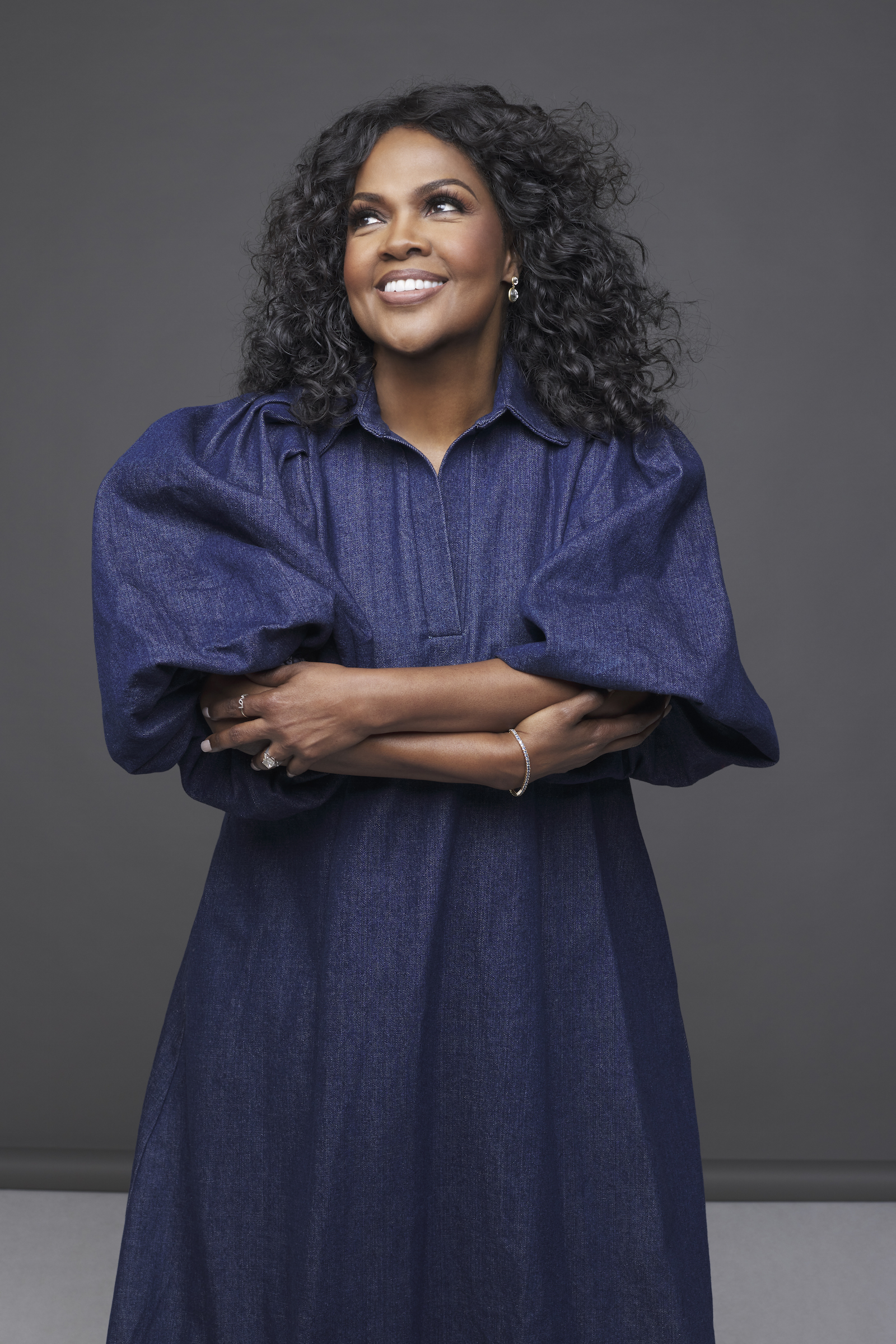Book review: “Blood Meridian” by Cormac McCarthy
Published 9:11 pm Thursday, January 15, 2009
Readers familiar with “The Road” and “No Country For Old Men” know Cormac McCarthy is an author who is not skiddish in dealing with violent themes. “The Road” deals with a father and young son trying to survive in a stark post-apocalyptic world. “No Country For Old Men” is a post-modern Western confronting the loss of modern civility and the violence that permeates our contemporary world. With this even earlier work, “Blood Meridian” is set in the Old West, and violence rides with the main characters in this book like horsemen of the Apocalypse. The touchstone character — the one with whom readers are most meant to identify, the one who is supposed to serve as the portal of our sensibilities here — is a 14-year-old boy. He enlists to ride with a gang of Indian hunters riding south of the border. The unnamed “kid” and the readers meet the judge, the central character, a Moby Dick of a man in physical size and talents, with not a hair on him anywhere, not even eyebrows or eyelashes. The judge is a superhuman character with an all-too-human lust for war and bloodshed. And there’s plenty of both. If the Westerns of Larry McMurtry are too brutal for your tastes, you will want to steer a wide path from “Blood Meridian.” It is a Western, but these riders kill everyone in their paths: warriors, old men, women, children, babies, committing atrocities while collecting scalps in graphic details which McCarthy does not spare. In truth, McCarthy brings an almost biblical quality to the writing of this book. As with his other books, readers can feel the Spartan brutality of the land as much as the violent brutality of the men. McCarthy captures something of the American novel in the manner of Herman Melville, author of “Moby Dick.” While Melville had Captain Ahab pursuing his insatiable obsession for revenge to the ends of the earth following the great white whale, McCarthy details the judge’s insatiable appetite for ultimate war, which the great white judge views as man’s ultimate purpose. A fascinating theme, a beautifully written if complexly structured book, but not one for readers with tender sensibilities.





